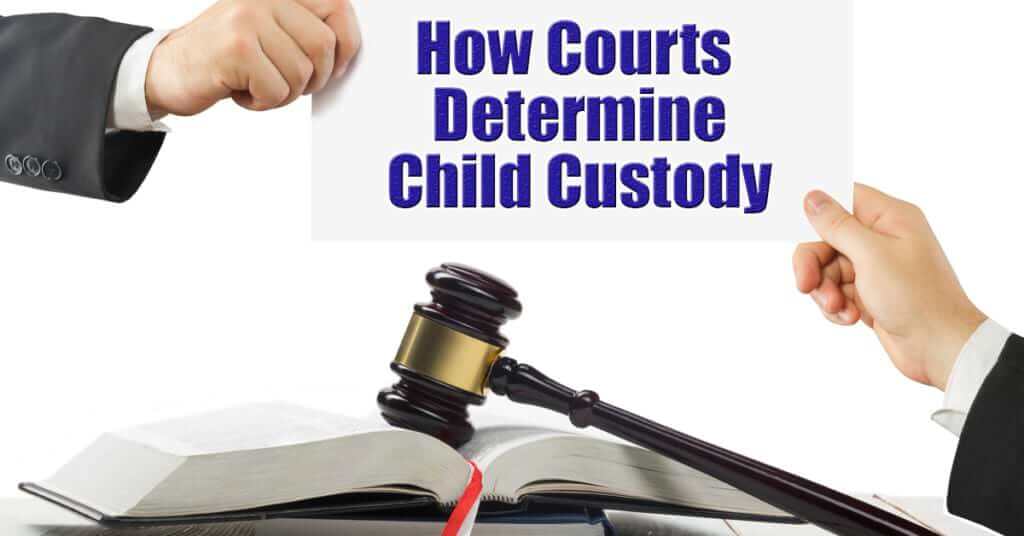The Best Interests of the Child Standard: What this Child Custody Standard Means on Long Island
For Long Island parents, one of the most pressing issues for those involved in a divorce is the custody of their child or children. If parents cannot come to an agreement, the court will decide which parent will provide the primary care for the child, including physical custody as well as making legal, educational, and medical decisions for the child. To determine which parent gets custody of and parenting time (visitation) with a child of divorce, Nassau County and Suffolk County courts use the standard known as “best interests of the child.” This means that judges ask themselves how the child will best be served in that family’s set of circumstances. Many clients come in and want to know how a court will determine what is truly in their child’s best interests. The answer to this question is perhaps not as simple as one would like to hear. Instead, it is a sometimes amorphous standard based on each family’s unique dynamics and circumstances. This article sets forth a list of some of the factors used by courts to determine a child’s best interests.
Living Arrangements of Each Parent
One important factor courts use in making a custody determinations is where the child lived before the divorce. It is often preferable that a child continue to live in the family home so that his or her life, which has just been interrupted by his or her parents’ divorce, is not interrupted again by being forced to change residence. In addition, courts like to see children be able to continue at the same school, with their friends, and participate in their regular activities. These factors weigh strongly in favor of allowing the child to remain in the family home. Sometimes, however, the best interests of the child lies with the parent who will not stay at the family residence after the divorce. In these cases, Nassau and Suffolk County judges look closely at other factors.
Your Ability to Cooperate With the Other Parent for the Sake of the Children
Judges will also consider whether or not you have the ability to cooperate with the other parent. Judges are always hesitant to give residential custody to a parent who tries to alienate the child from the other parent. This is because the noncustodial parent will in most cases get some type of visitation. If a judge sees the possibility that a parent will prevent the other parent from getting visitation, this will be a red flag that could foreclose that parent’s likelihood of getting custody.
Child Care Arrangements Play a Part
While many parents work full time, and this is not viewed unfavorably by the court, factors such as lengthy commute or limited child care options will come into play when determining custody. When a parent has a strong support network and the ability to independently manage care of the child, this is a strong factor in favor of that parent.
The Child’s Preference Can Be Considered
In New York, a child’s preference regarding which parent he or she wants to live is sometimes considered. Depending on the age and maturity of the child, a court will give the child’s preference more weight. For children age 14 or older, the preference is given a considerable amount of weight.
Drugs, Alcohol, Neglect, or Abuse Have a Major Impact
Perhaps it goes without saying that any of the above – drug use, alcoholism, child neglect or abuse – will be viewed unfavorably in terms of that parent’s ability to care for their child. These variables are surely factors in the court’s determination of which parent should get custody.
Court’s Observation of the Parents Behavior
Judges who deal with divorce and child custody issues on a regular basis are acutely aware of family dynamics and the different personality types and behaviors that come into play. Judges do make observations of your behavior in court, as well as how you treat your ex and your children.
Questions About Child Custody and Visitation on Long Island?
See this post to learn everything you need to know about Child Custody and Visitation on Long Island.
To learn more about what you need to know about Child Custody on Long Island, visit this page on Child Custody or contact us at 631-923-1910 for a complimentary consultation.
Concerned About Child Custody & Visitation? Call 631-923-1910 for a Free Consultation
If you have concerns about your child’s custody and visitation, it is important that you consult with an experienced family law attorney. The Long Island divorce lawyers and family law attorneys at the Office of Robert E. Hornberger, PC, are experienced in all areas of law involving Child Custody and Visitation in Nassau County and Suffolk County courts, and can assist you with your decision to petition for a new child custody order or enforce or modify an existing one. Contact our office today at 631-923-1910 for a free consultation.
Download our Free New York Divorce Guide
Our 41-page “Guide to New York Divorce: What You Need to Know Before Hiring a Divorce Lawyer in New York” written by an experienced family law lawyer, Long Island’s Robert E. Hornberger, Esq., provides you with real information on the divorce process and the laws it rests upon in the state of New York. This book will help give you a solid foundation upon which you can begin the process of making your family’s, life better. Download your Free Guide to New York Divorce here.
